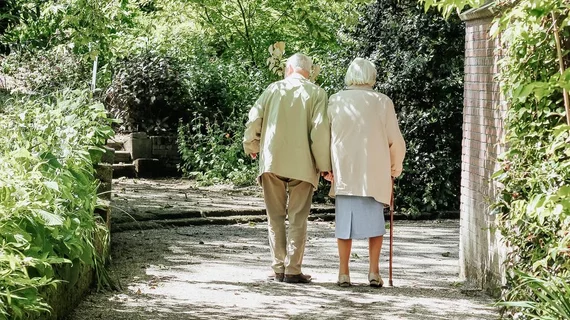Elderly at risk of falling cool-headedly watched by AI
An AI-enabled system for detecting seniors’ falls on video monitors has cut unnecessary use of EMT and emergency services by 80% in a pilot study.
Testing the system in six residential-care facilities, Glen Xiong, MD, of the University of California and colleagues used a commercially available video-monitoring product that alerts nursing staff when the AI perceives a possible serious fall.
It also allows instant playback of the incident for immediate staff review.
The study team found that a control group made up of residents who fell and were passively watched by staff using normal routines had an EMT call rate of 35.4% and were taken to the ER 24.5% of the time.
By contrast, the experimental cohort, those monitored by the AI video system, required EMT calls for 15.7% of falls and went to the ER in just 8.3% of cases.
The study authors, who published their findings in the American Journal of Managed Care, suggested the system works by supplying staff with a real-time way to respond to dangerous falls without overreacting to minor ones.
“The reduction in use of emergency services will likely lead to lowered healthcare costs and stress among residents, families and facility staff,” they write before calling for larger, randomized studies to validate the results of their pilot study.

